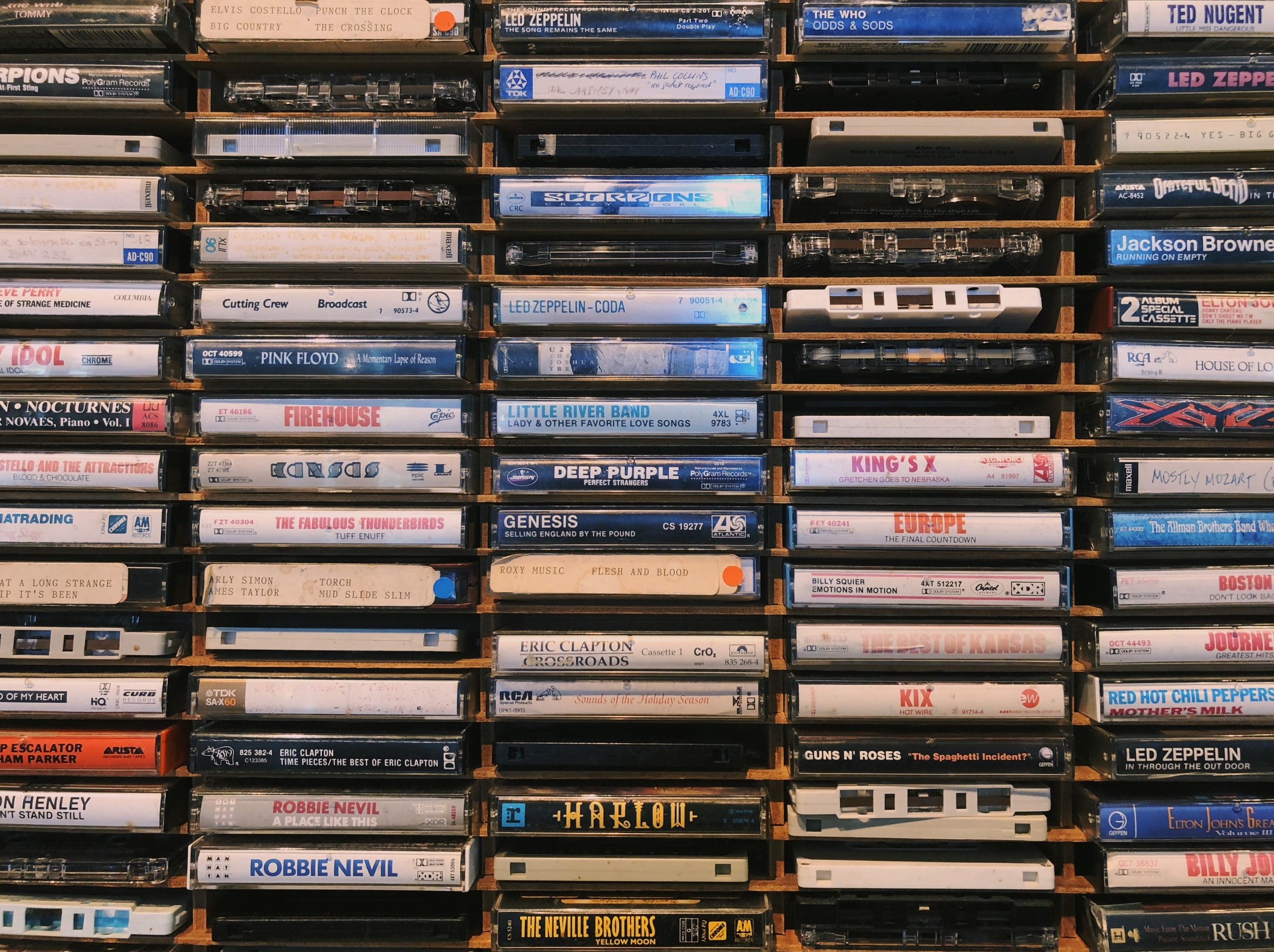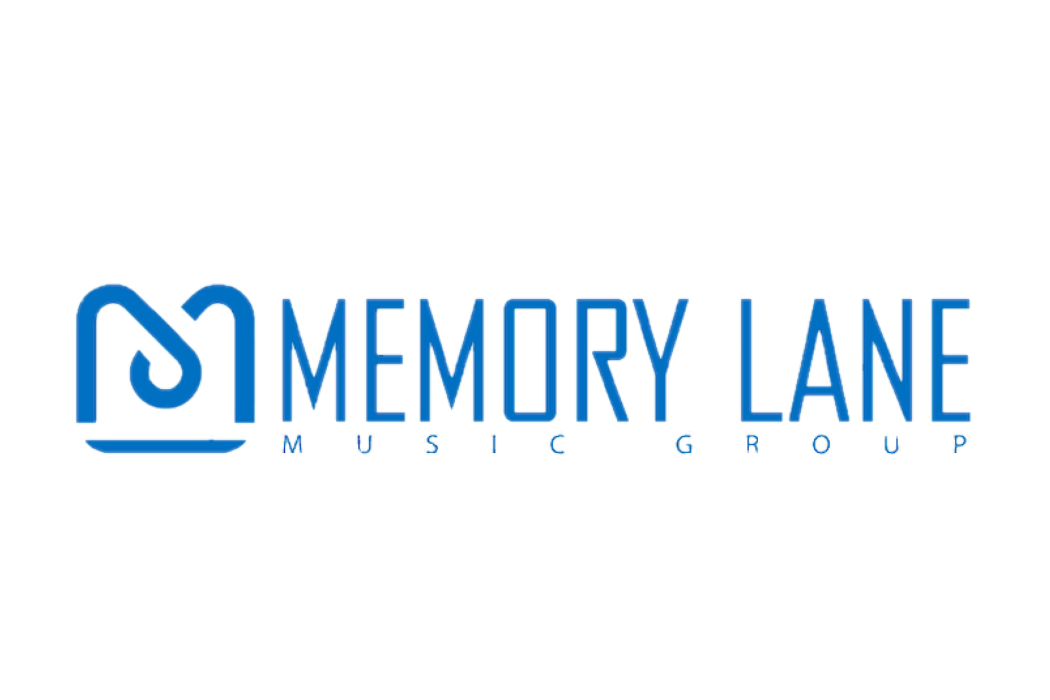
Frequently Asked Questions
-
Conceptually, music publishing is a fairly simple business model. Relying on the single asset of a musical composition copyright, the publisher can generate revenue from a variety of sources. They include mechanical reproductions (CD's, digital downloads, ring tones), public performances (TV, radio, venues), synchronization deals (audio-visual media) and print media (sheet music).
-
For music publishers, ensuring that every composition is accurately registered throughout the world in order to track global earnings is a constant struggle. The basics may seem clear-knowing who collects what for whom and how. Yet beyond the basics is where the nuances of the collection and royalty distribution processes lie.
American publishers may license their repertoire directly to those who manufacture, perform or distribute reproductions of the songs in the United States. A vast majority of them, however, authorize the Harry Fox Agency to handle mechanical licenses for all or some of the various formats such as CD's ring tones and digital downloads. Nearly every songwriter and publisher with songs performed in the United States authorizes one of the performing rights agencies-ASCAP, BMI, or SEASAC-to license and collect revenue generated from the public performance of non-dramatic compositions. Synchronization deals and print media are licensed directly from the music publisher.
Outside the United States, the laws of most countries prohibit direct licensing for many uses. Therefore, such societies as GEMA in Germany and JASRAC in Japan handle licenses and collections for various rights.
All of these sources depend upon the accuracy of identifying information to ensure proper collection of all monies earned by each composition. Since song titles cannot be copyrighted or trademarked, many compositions share the same or similar titles. Artists and songwriters may also use pseudonyms rather than their legal names. Even a misspelling can result in lost revenue. With inaccurate song registrations, revenue may end up in a foreign collection society's "black box" or as unpaid royalties in so-called "suspense" accounts.
When foreign societies cannot identify a composition's publisher, the money received is held for a period of time and then either used for certain society purposes or distributed to the society's publisher members. Germany, Italy and Holland hold the largest amounts of such funds. In other cases, many labels and societies in the United States and abroad hold money to be paid to publishers that cannot be accurately identified.
Unlike unidentifiable royalty recipients who simply haven't kept their contact information up to date, these rights holders have not been paid because of inaccurate song titles, misspelled names, pseudonyms or incorrect publisher listings. If all the labels and societies provide the information they have available to publishers, these suspense accounts could prove to generate additional revenue for rights holders in amounts much more substantial than black-box monies.
Why would Memory Lane be a better choice than some of your 'competitors'?
One word - SERVICE. It's about personalization and attention to detail. We may be small but because of our size, we are able to offer a level of attention that a writer or client could not get at a major. And, because we're small and maintain a smaller catalog than a major or even a larger independent, we know our catalog inside and out resulting in better representation for our clients. The combination of personalized attention and our effective infrastructure are attractive to writers and copyright holders looking for that type of publisher.
-
Well, talent, of course. Someone with existing contacts/relationships within the industry is a plus as well. We all know how difficult it is to get material heard by an artist or A&R rep so a writer with built-in relationships certainly makes the pitch easier.
-
It's a complete world-wide publishing infrastructure existing of royalty representation, catalog protection, and connections within the business (labels, other publishers, producers, distributors, media, mechanical agencies and performing rights societies). Memory Lane Group has that infrastructure in place in virtually every territory of the world. We're able to sign a song and immediately begin the registration and royalty collection process. Often we discover royalties being held in suspense or improperly distributed because of a previous lack of proper follow-up. Without the local connections within each territory, it's difficult to correspond with the respective societies, media companies, record labels, distributors, etc. Besides breaking through the language barrier, world-wide collection deals with different copyright laws, title registration processes, and media structures. It's very important to have a local contact who understands the "layout" of that particular territory.
-
We're actively looking to sign songwriters, acquire established catalogs and expand our representation of the reversionary territories and termination interests of songwriters and/or their heirs/successors. Memory Lane Music is working on heightening our presence as a source of quality un-recorded material. Memory Lane Music is always looking for inventive ways to promote our catalog, exploit our copyrights, and generate ancillary sources of revenue.
